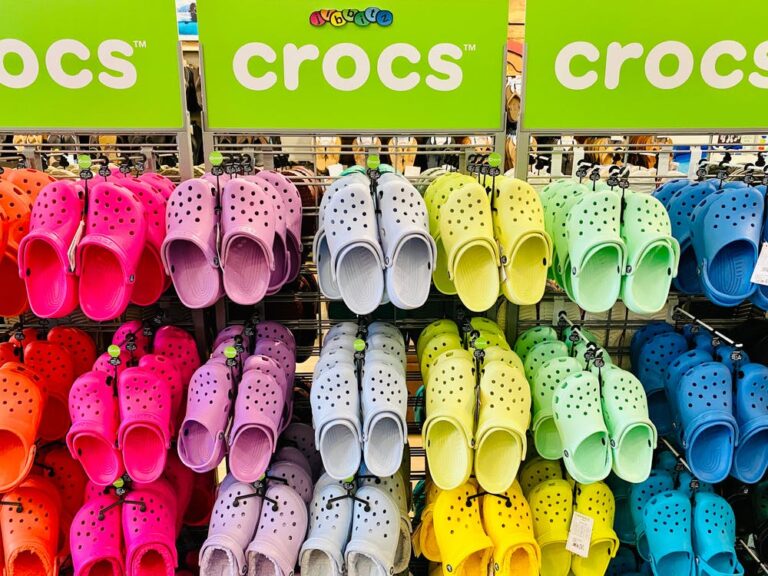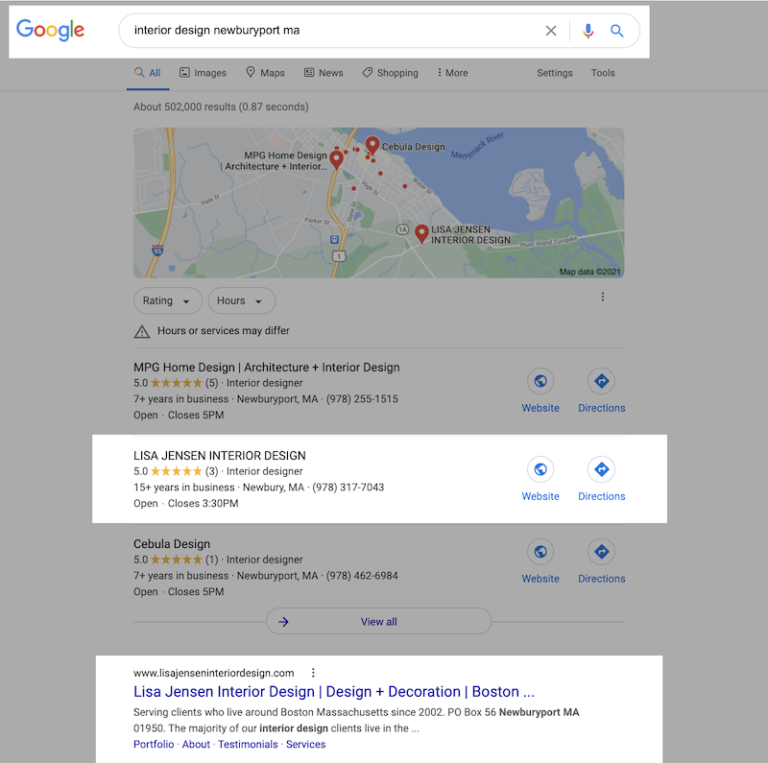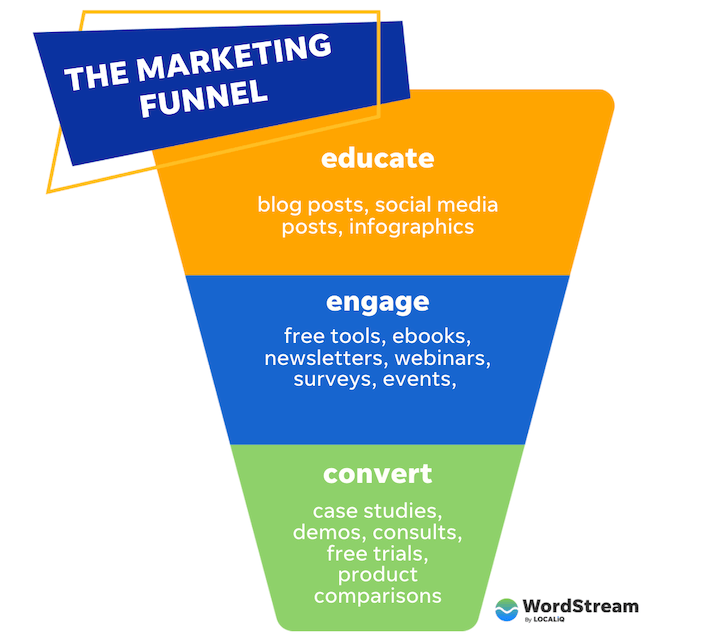
Predictions for the economic potential of the metaverse have ranged from anywhere from 0 billion to -5 trillion to -30 trillion as investors and businesses speculate about the possibilities offered by what many are calling “the next internet”.
Nevertheless, many companies who are eager to prepare for a future in the metaverse are exploring investments in one or more of these areas. There are some advantages to doing this, as it means that businesses can get a better grasp on what these technologies are capable of, and how to translate their brand into something like a 3D virtual environment, VR, or virtual goods – all things that are considered likely to be part of an eventual metaverse.
In this final instalment of my Metaverse Reality Check series, I’ll take a grounded look at how brands are investing in the metaverse, covering some points that marketers need to bear in mind if they decide to go down this path, before looking closely at what some major brands are doing in the space, and how effective these activities have been.
These ambitious forecasts have attracted many brands to the idea of a presence in the metaverse, where it is predicted that many people will soon be spending a significant portion of their time. However, the metaverse doesn’t exist yet as such, as I covered in the first part of this series: A metaverse reality check: Defining the metaverse. While many related innovations are being described as “the metaverse” – including AR and VR, online multiplayer games, NFTs, web3, and other initiatives that involve 3D or virtual technology – these things are at best precursors, and no-one knows or agrees upon exactly what the metaverse will look like when it emerges.
Some platforms that are given the label of “the metaverse”, like online gaming platforms such as Roblox and Fortnite, are also popular enough that they make for a solid investment irrespective of any link to the metaverse, providing they’re approached in the right way. However, the nature of the all-encompassing label of “the metaverse” is such that it can blur distinctions between different types of “metaverse” investment – making it harder for businesses to judge what makes for a worthwhile investment, or decide on how they should approach the metaverse.
Contents:
- Know what you mean by “the metaverse”
- Know your intended audience
- Remember that it’s still very early
- What are major brands doing in the metaverse – and is it working?

![Which Video Streaming Providers Have Ads? [2022]](https://research-institute.org/wp-content/uploads/2022/03/which-video-streaming-providers-have-ads-2022-768x512.jpg)




